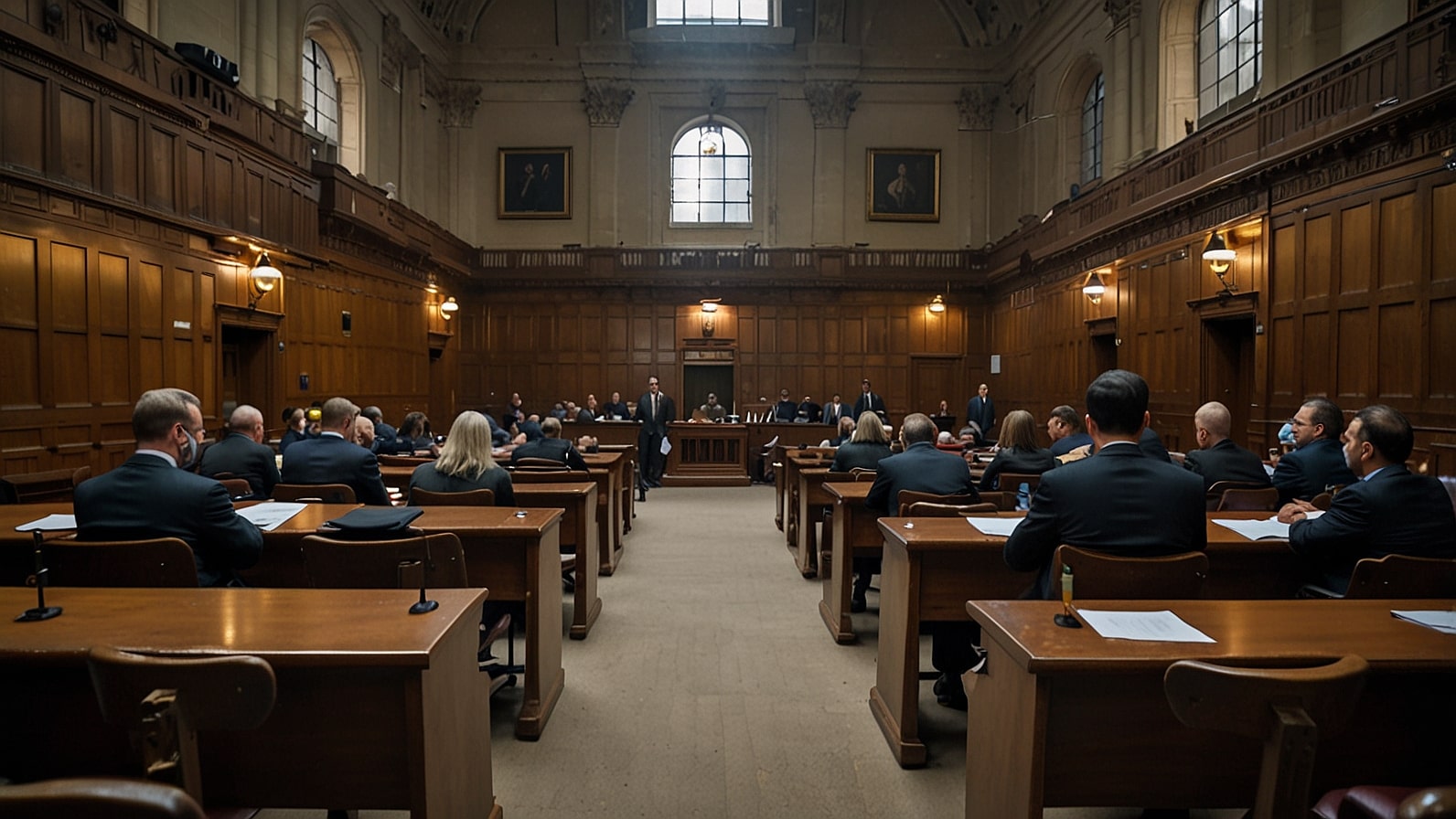The United Kingdom showed once again its dedication to fighting climate change by committing to a new drive under Mission Innovation, an international campaign designed to speed up clean energy research and development. The program was first introduced in 2015 by the then-Prime Minister David Cameron during the UN Climate Change Conference in Paris.
Since then, it has gained a lot more support and attention, with the UK being at the forefront of sustainable energy innovation. This revitalized initiative is following as the country still grapples with the consequences of Storm Floris, which underscores how important it is to deal with extreme weather that is caused by a warming climate.
A New Dawn
Mission Innovation, which includes 24 countries and the European Union, aims to increase global public investment in clean energy technologies by a factor of two, thereby lowering the costs of these technologies. The UK has committed to raising its state-led investment to more than 500 million a year by 2026 on the back of 400 million invested last year.
This funding is to be used in solar, wind, hydrogen, and energy storage projects with special emphasis on scaling them up to reach as many people as possible. The Department of Energy Security and Net Zero emphasised that the programme was in line with the commitment of the UK to reach net-zero emissions by 2050, seeking to decrease the use of fossil fuels, and to ensure energy and fuel security.
This was announced in one of the high-profile summits in London, where Prime Minister Keir Starmer highlighted the financial incentives of clean energy. This is not simply a matter of saving the planet but also creating jobs, boosting growth, and making energy affordable to each household, he said. The program has already helped in several developments, including a 20 percent drop in offshore wind prices since 2020, ranking the UK at the top of the world in wind power generation.
Innovation and Cooperation
International cooperation is one of the pillars of mission innovation. The UK is collaborating with other nations such as the United States, India, and Japan to exchange research and hasten the implementation of transformative technologies.
As an example, a collaborative effort with India as part of the Technology Security Initiative is looking at hydrogen fuel cells, which may transform transport and heavy industry. Rolls-Royce and ITM Power, both UK-based firms, are at the forefront of green hydrogen development, and government funding has enabled the piloting of the use of green hydrogen in the North West and Scotland.
Another key player is Innovate UK, which is the innovation agency of the country. It has also allocated 10 million to micro and small companies, enabling them to develop innovations in vital technologies such as next-generation solar panels and efficient batteries.
Such grants are intended to introduce innovations at the grassroots level and ensure that small businesses can have an impact on the clean energy revolution. In Mid and North Wales, a 2.7 million fund is encouraging Agri-tech or food technology projects to combine renewable energy solutions, resulting in a working model of sustainable rural economies.
Addressing Challenges
Regardless of the positivity, there exist challenges. Critics state that funding is vast, but does not match the amount that is required to manage the depth of the climate crisis. The recent destruction caused by Storm Floris, which has flooded properties and infrastructure, puts renewed pressure on the need to invest in resilient energy solutions, including the use of localized microgrids.
Environmental groups have called upon the government to focus on an energy storage option that will help alleviate the problem of wind and solar intermittency. There have also been questions raised about the initiative’s reliance on the private sector.
Although 29 venture capitalists, including Bill Gates, have made significant commitments to investment, experts warn that this can lead to lopsided investments prioritizing commercial viability over more critical and equally relevant technologies, such as carbon capture. As a response, the government has promised to exercise open supervision and that social goodwill is at the top of the agenda for using high amounts of social funds.
Community and Economic
The Mission Innovation ripple effects are experienced economically. There are 5,000 new jobs in the North East and beyond in the last year, due to the clean energy projects, which have involved everything, including the manufacturing of the parts of the wind turbines to the erection of the solar panels.
Offshore wind farms are quite advantageous as they offer jobs and domestic energy to the coastal communities, which are naturally susceptible to the effects of climate change. Geothermal energy innovation can be seen in Cornwall, where a pilot program will power 10,000 homes through the use of geothermal energy by 2027.
There is also a process of engaging communities through education and outreach. The UK has already worked out how to implement clean energy in its schools, and the government is promoting this with grants aimed at motivating the current generation of students to become scientists and engineers. In Birmingham, a cooperative project to install solar panels on governmental and municipal buildings is funded, under which residents get reduced energy expenses.
A Vision of the Future
Mission Innovation presents an opportunity for the UK to adopt a more proactive approach towards a future sustainable world, one marked by significant climate challenges. Collaboration, innovation, and economic growth are vital terms to understand the effectiveness of the initiative, which is why the UK has the potential to not only achieve its net-zero targets but also become a standard example of clean energy use presented to the rest of the world.
The pressure is on the government to show some results in terms of higher investment in renewable energy, because 78% of Britons are in favor of enhanced investment in renewables. A long-run commitment and flexibility will be called upon. As Stormy Floris reminded the country, there is much at stake. The doubling down on clean energy helps the UK not only to deal with a climate crisis but also to construct a resilient, prosperous future for its citizens.



